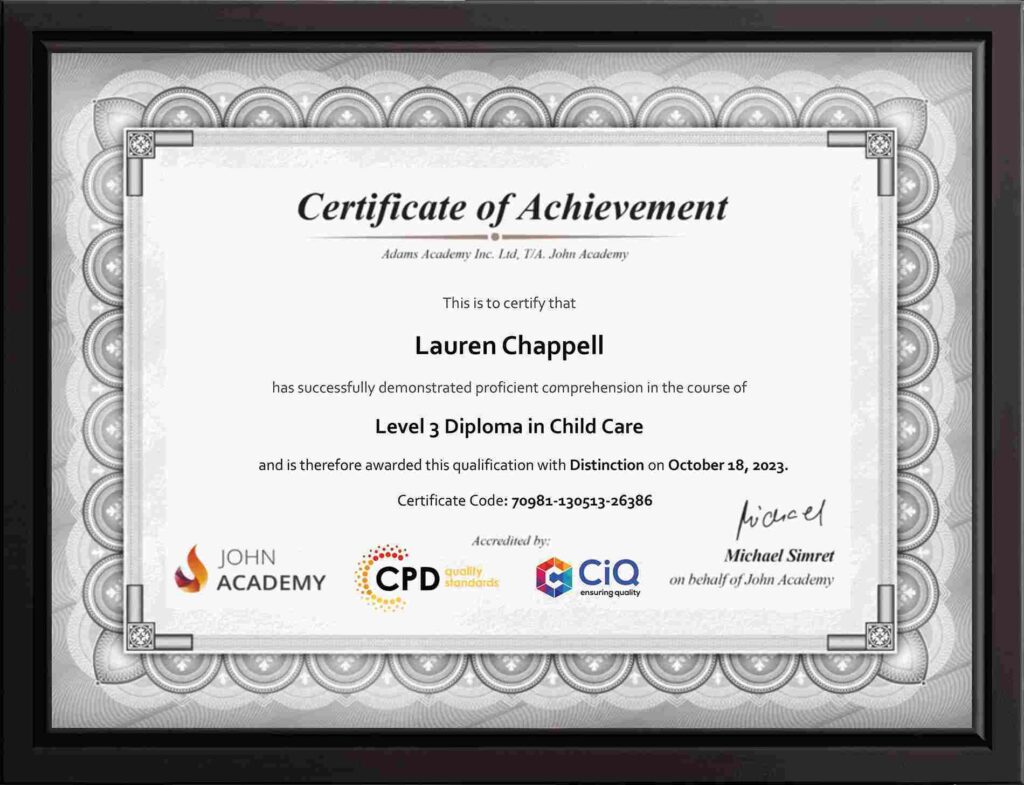
An MBA (Master of Business Administration) is often perceived as a strategic investment in one’s career trajectory. With its rigorous curriculum designed to inculcate leadership acumen and business agility, it broadens your professional network and significantly bolsters your resume. Employers, recognising the value of an MBA, often regard it highly during recruitment.
However, the financial implications of pursuing an MBA can indeed be a deterrent for many aspirants. If you find yourself deliberating over the financial viability of an MBA, curious about the most affordable MBA program in Australia, or seeking to understand the potential post-MBA earnings, this guide is designed to provide clarity and guide your decision-making process.
Assessing the Return on Investment for an MBA in Australia
Determining the suitable MBA program for your career goals involves a multitude of considerations. You need to examine whether the offered specialisation aligns with your professional development plans or not. Additionally, the program’s delivery format should offer flexibility, catering to your existing commitments, including work. In one essaywriter.org review, a student expressed disappointment with the lack of originality.
The decision to pursue an MBA is a substantial one, requiring insights into the return on investment you are likely to gain. This necessitates an evaluation of the potential increase in salary post-graduation and the overall worth of the degree. The subsequent sections delve into these financial aspects of an MBA in a step-by-step manner, aimed to provide a comprehensive understanding and aid your decision-making process.
Understanding the Financial Investment: The Cost of an MBA in Australia
The typical expenditure for an MBA program in Australia hovers around $58,000, encapsulating both conventional in-person programs and their online counterparts. It’s important to note, however, that this figure represents an average, and variations in cost can be substantial.
The most affordable online MBA programs commence at nearly $16,000, but can escalate to $60,000 or more. In contrast, opting for a traditional on-campus MBA program can require a much heftier financial commitment, with the priciest coming in at an imposing $126,000. Hence, if budget constraints are a key consideration, online programs may provide a more cost-effective alternative.
Furthermore, with online MBAs, your costs are distributed across each module, usually completed over a part-time two-year period. You might also attain advanced standing for select units based on previous studies and experience, potentially lessening both the financial burden and completion timeframe.
Exploring the Reasons Behind High MBA Fees in Australia
The cost of an MBA program, although seemingly high, should be viewed in the context of the value it provides. Indeed, the cost is subjective, and what may seem steep to one may be fairly reasonable to another. In seeking to comprehend the hefty price tag associated with an MBA, it is crucial to understand the intricate components that contribute to its cost.
An MBA degree is more than just a certification; it is a catalyst that can propel your career trajectory, facilitate a career transition, or be the key to scaling your startup. The value it adds to your professional life is substantial and real.
When you invest in an MBA, you are not merely paying for the advantages mentioned. You are also contributing to the compensation of a team of highly skilled professionals, including academic faculty, administrators, support staff, researchers, and guest lecturers from the industry, who work relentlessly to develop and deliver the program.
Moreover, your MBA fees support the necessary infrastructure and resources to run the program. In the case of traditional on-campus MBAs, these costs encompass physical spaces for lectures and related tuition. For online MBAs, universities allocate significant resources to develop robust digital infrastructure to facilitate the program.
Therefore, considering these elements, the cost of an MBA can be viewed as an investment towards a comprehensive, quality education and a promising future.
Analysing the Financial Upside: Projected Income Post-MBA
While the cost of pursuing an MBA is a crucial factor in your decision-making process, it is equally important to factor in the potential increase in income that the qualification can bring. On average, MBA graduates see a remarkable 28% salary uplift post-graduation. This percentage elevates further for Executive MBA graduates, who can expect an even more impressive 44% salary hike. These figures, however, can fluctuate depending on the industry and the employer’s perceived value of the skills honed through an MBA program.
Analysing the average pre and post-MBA salaries in Australia further underscores the financial advantages of this degree. Prior to obtaining an MBA, the average salary is approximately $122,000, whereas the average salary post-MBA jumps significantly to about $157,000.
These figures illustrate the potential of an MBA to enhance your earning capacity, regardless of whether your aim is to foster the growth of your business or to equip yourself with the necessary skills for a CEO role. Thus, when contemplating the cost of an MBA, it’s essential to weigh it against the substantial financial benefits it can potentially yield.




